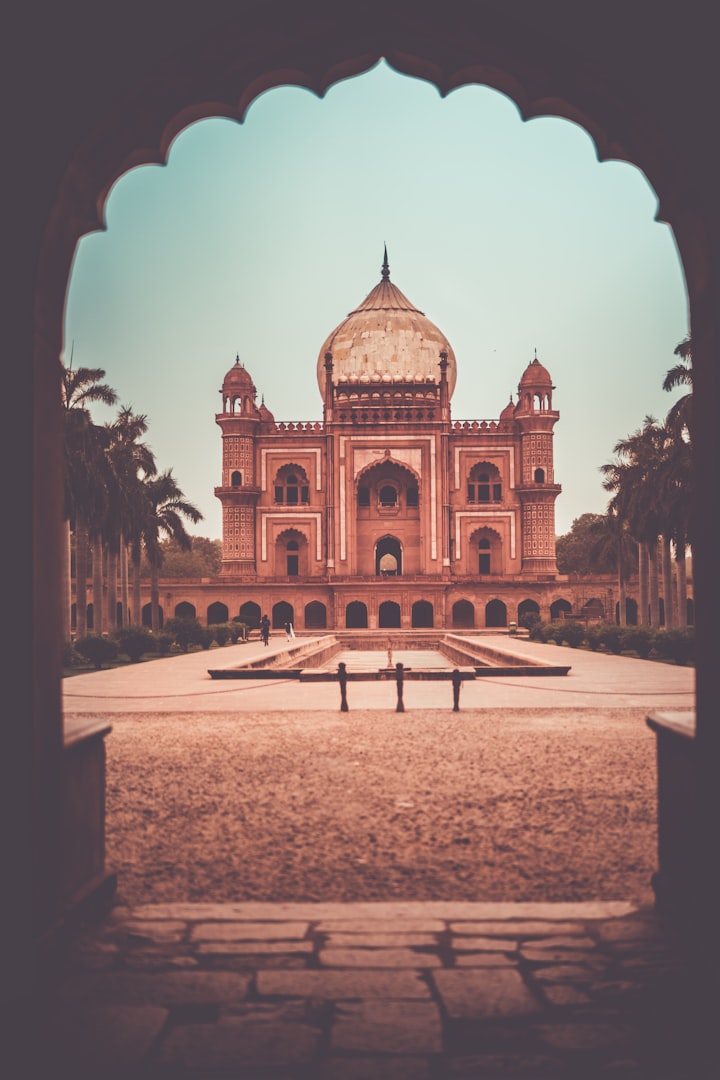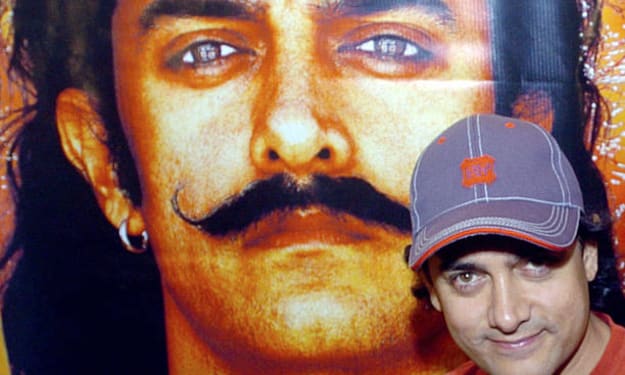Bahadur Shah Zafar Biography
Bahadur Shah Zafar, also known as Bahadur Shah II, was the last Mughal emperor of India who reigned from 1837 to 1857 for a period of 20 years. As the second son of Akbar Shah II and Lal Bai, he was not his father’s original choice to ascend the throne. However, circumstances ultimately led to his ascension to the throne after his father’s death.

Even as an emperor he did not rule over a large empire; his empire barely extended beyond Delhi's Red Fort. By that time the East India Company was gaining political power in India and the emperor was no longer accorded any real power over the country which had by now fragmented into hundreds of kingdoms and principalities. He was not a very ambitious ruler and thus the British believed that he posed no real threat to them. However, Zafar did play a prominent role during the Indian Rebellion of 1857, fighting for India’s independence from British Rule. Though most famous for being the last Mughal emperor, Zafar was also a very talented Urdu poet and musician in his own right. He had written a large number of ghazals and his court was home to several Urdu writers of great repute including Mirza Ghalib, Dagh, Mumin, and Zauq.He became the 17th Mughal emperor on 28 September 1837 after the death of his father. In fact, he had not been his father’s preferred choice to succeed him. Akbar II was planning to name Mirza Jahangir, son of his wife Mumtaz Begum as the successor but could not do so after Mirza Jahangir got into serious conflict with the British.
Zafar was not an ambitious person and did not exercise much power even after becoming the emperor. The British, who were by now gaining much political control over India, did not consider him to be a threat.
His empire barely extended beyond Delhi’s Red Fort; he had power only over a limited area of land though he had the authority to collect some taxes and to maintain a small military force in Delhi.
As an emperor he saw to his best that all his subjects belonging to different religions were treated fairly. He believed in the equality of religions and felt it was his duty to protect the religious rights of the Hindus along with the Muslims.
During his reign, he ensured that the major Hindu festivals like Holi and Diwali were celebrated in the court. He was very sensitive towards the religious sentiments of Hindus and did not support the extremist views of some Orthodox Muslim sheikhs.
He was a devout sufi, a poet and a dervish. He was a noted Urdu poet who composed several ghazals which were known for their emotional and intense content. He was a prolific writer and even though much of his poetry collections were destroyed in the Indian Rebellion of 1857, the remainder of his poems was later complied into Kulliyyat-i-Zafar.
In 1857, as the Indian rebellion against the British was spreading, Sepoy regiments seized Delhi. Rebelling Indian kings felt that Zafar would be the most suitable person to be the Emperor of India under whom the smaller kingdoms would be united in the fight against the British.
He gave his public support to the rebellion and even appointed his son Mirza Mughal as the commander in chief of his forces. Mirza Mughal was very inexperienced, and did not lead the army competently. The city’s administration was in disarray and the army was in a chaos.
When it became apparent that the British would emerge victorious, Bahadur Shah sought refuge at Humanyun’s Tomb at the outskirts of Delhi. However, British officials led by Major William Hodson discovered his hiding place and forced him to surrender on 20 September 1857.
Many male members of Zafar’s family including his sons Mirza Mughal and Mirza Khizr Sultan were killed by the British, while the surviving members, including Bahadur Shah himself, were imprisoned or exiled.
Bahadur Shah was not the favourite son of his father who was also opposed to his succession as the emperor. Akbar Shah was very much under the influence of his wife Mumtaz Begum who pressed him to make Mirza Jahangir as his heir successor. But fortunately things happened in such a way that road was prepared for the succession of Zafar. Prince Janangir was exiled by the company as he attacked the English resident at the Red Fort. This paved the way for the emperorship of Bahadur Shah Zafar. But it was not the easy times because the authority of the emperor had been confined to the Red Fort only. The British were the predominant military and the political force. They used to provide pension to the Emperor that was the only source of his livelihood. The company had even overtaken the right to issue coins and there was a mere illusion of the Mughal rule over India and nothing else.





Comments
There are no comments for this story
Be the first to respond and start the conversation.